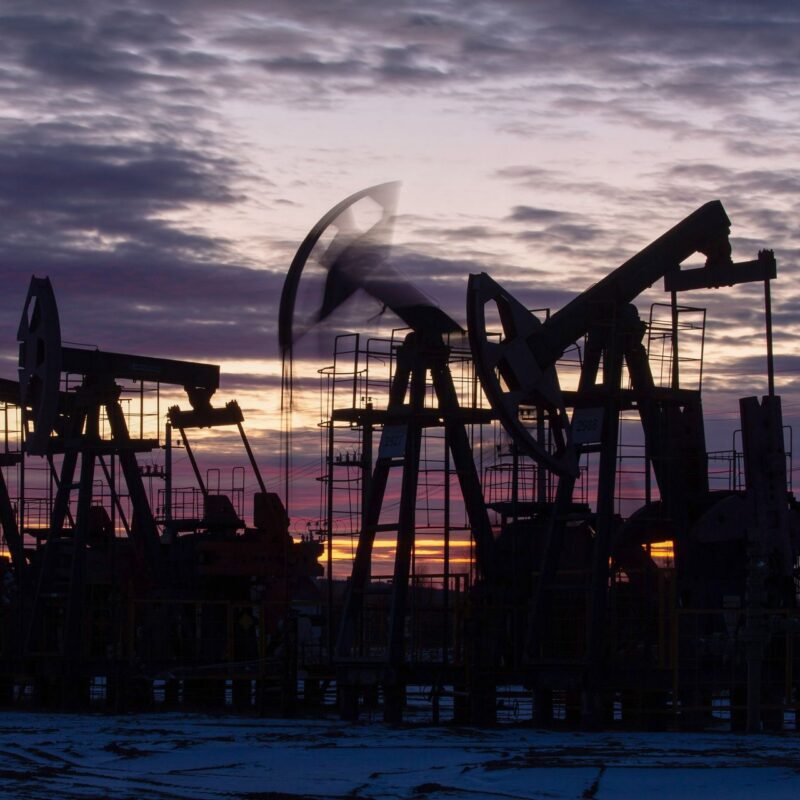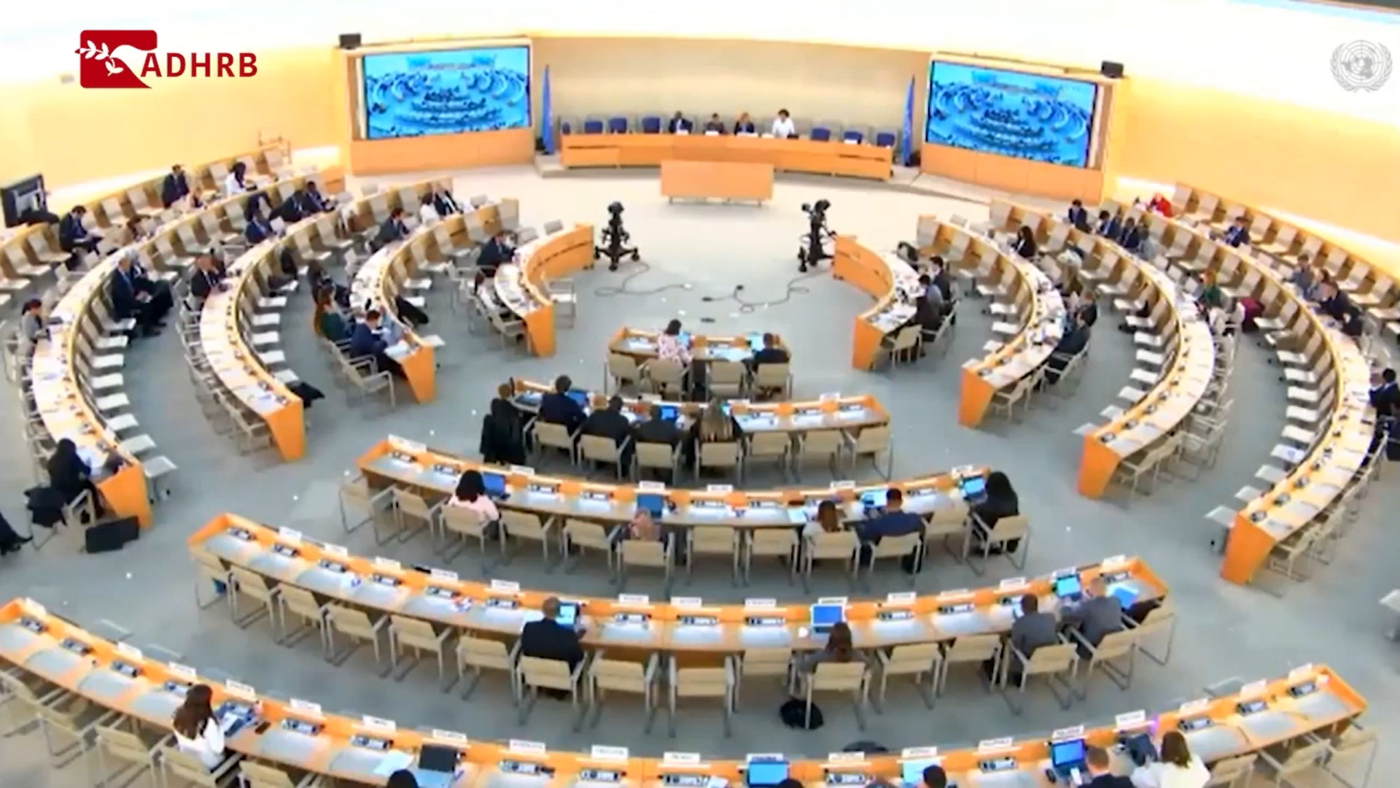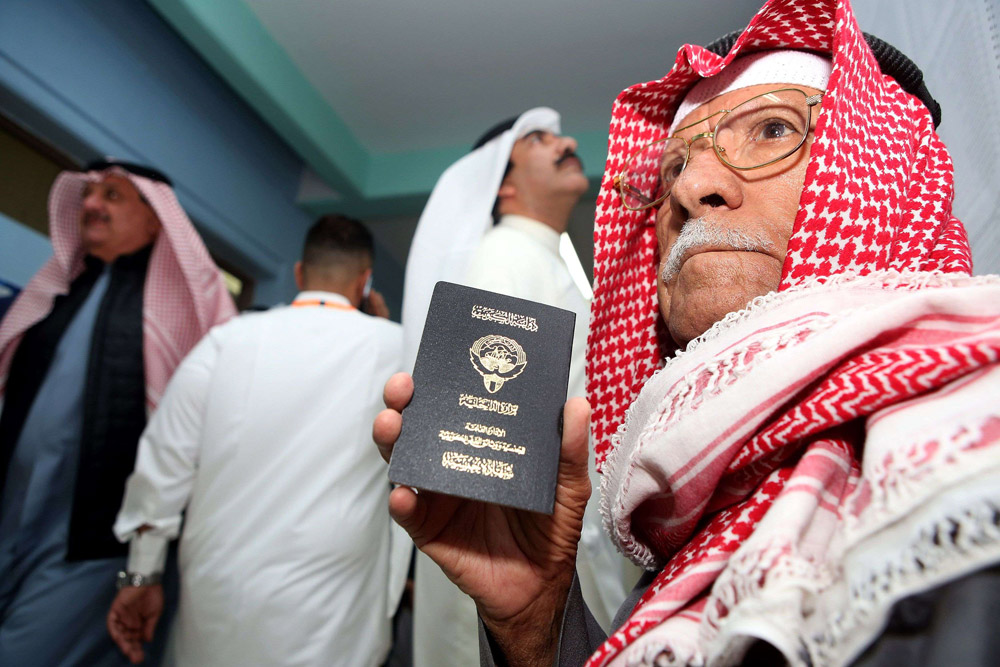Seventy-six million metric tons of oil reserves are located in the Arab Gulf, constituting around 66% of the global reserves. Oil represents a prominent source of income in the Middle East, proven by the increased production during the last decades. From 1980, oil production passed from 11 million barrels per day to 18 million. The[…]
Americans for Democracy & Human Rights in Bahrain (ADHRB) participated in the 55th session of the United Nations Human Rights Council, held from 26 February and 5 April 2024. During these sessions, the organization delivered seven oral interventions under five items, shedding light on various human rights violations in Bahrain, Kuwait, and occupied Palestinian territories.[…]
On 28th March 2024, ADHRB delivered an intervention at the United Nation Human Rights Council session 55 under item 9 during the General debate. ADHRB Called for Pressure on Kuwait to End Racial Discrimination Against the Bidoon Community. The suffering of the Bidoon community in Kuwait has persisted since 1987 when the Kuwaiti government classified[…]
Historically, Gulf Cooperation Countries have used a strategy of repression by imposing state control of the media or through broad laws and strict censorship. Often, the governments justify this control by referring to social values like cohesiveness and harmony in society. However, this strategy poses journalists in the Gulf at extreme risk. They are harassed,[…]
On 17 July 2023, Americans for Democracy and Human Rights in Bahrain (ADHRB) launched an international campaign advocating for the rights of the ”Bidoon”. Aiming to secure access to essential services in education, healthcare, employment, and freedom of assembly, ADHRB called for the end of the discriminatory practices of Kuwait’s government. In addition, shortly after[…]









